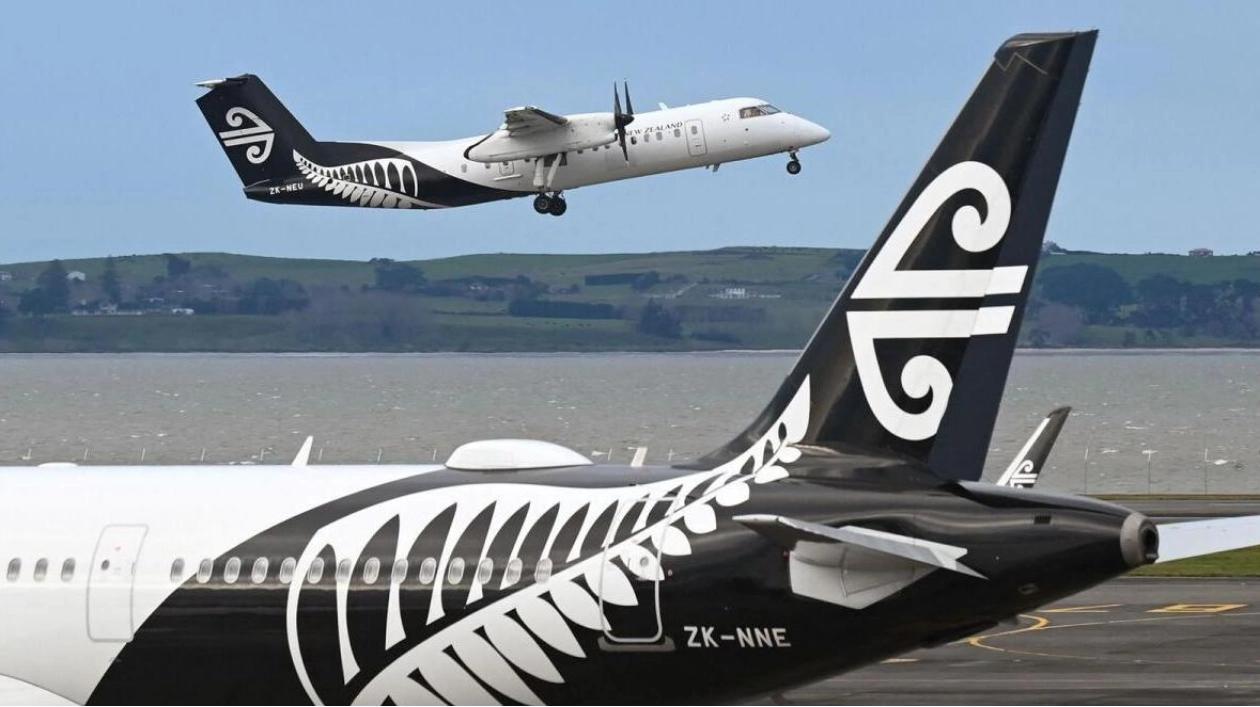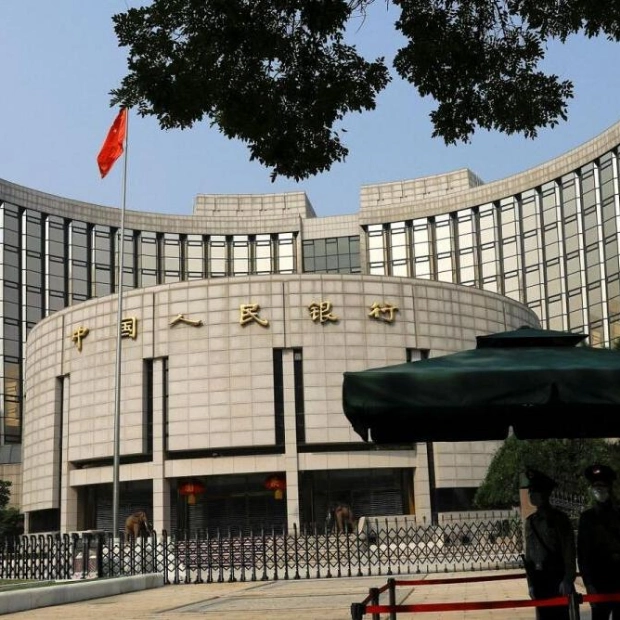Air New Zealand has scrapped its 2030 emissions reduction target, citing delays in receiving fuel-efficient aircraft and high prices for green fuels. This decision underscores the challenges the aviation industry faces in achieving decarbonization goals. While this marks the first instance of a major airline scaling back on its climate ambitions, Air New Zealand remains committed to the industry-wide goal of net zero emissions by 2050 and is developing a new short-term objective.
Aviation accounts for approximately 2% of global emissions but is viewed as one of the most difficult sectors to decarbonize due to the inaccessibility of alternative power sources for flight fuel. The airline highlighted that many factors necessary to meet its targets, such as the availability of new aircraft, the affordability and supply of alternative jet fuels, and regulatory and policy support, are beyond its direct control and remain problematic.
Airlines are relying on plant-based Sustainable Aviation Fuels (SAF) and more efficient aircraft to cut emissions in the near term. However, the production of SAF is costly and difficult to scale up, and aircraft manufacturers are facing challenges in delivering next-generation planes on schedule. Environmental advocates often argue that the growth of the aviation industry is fundamentally at odds with sustainability.
In 2022, Air New Zealand aimed to reduce its carbon intensity by 28.9% by 2030 compared to 2019 levels, a target validated by the Science-based Targets initiative (SBTi), a U.N.-backed group promoting corporate climate action. This target exceeded the global aviation industry's agreement to reduce carbon emissions by 5% by 2030. However, recent delivery delays of Boeing 787 Dreamliners and Airbus A320neos have jeopardized this goal, prompting the airline to withdraw from the SBTi network immediately.
Air New Zealand has also announced that five of its most efficient A321neo aircraft will be temporarily out of service due to maintenance issues with their Pratt & Whitney engines. The airline has been proactive in climate messaging, having ordered an all-electric five-seat plane with plans for a demonstration flight by 2026. The airline acknowledged last year that its 2030 target was aspirational and challenging, with several uncontrollable factors.
New Zealand's conservative government, elected last October, has been revising several environmental policies, including removing agriculture from the emissions trading scheme and reducing incentives for green initiatives. These changes could cause the country to miss its 2035 emissions and net zero by 2050 targets, as indicated by a recent draft emissions plan. Professor Sara Walton of the University of Otago Climate Change Research Network emphasized the increasing importance of industry leadership in climate and emissions management.
Lufthansa recently announced an environmental surcharge on its fares to cover the costs of new EU emissions reduction rules, highlighting the financial pressures airlines face due to SAF mandates.






